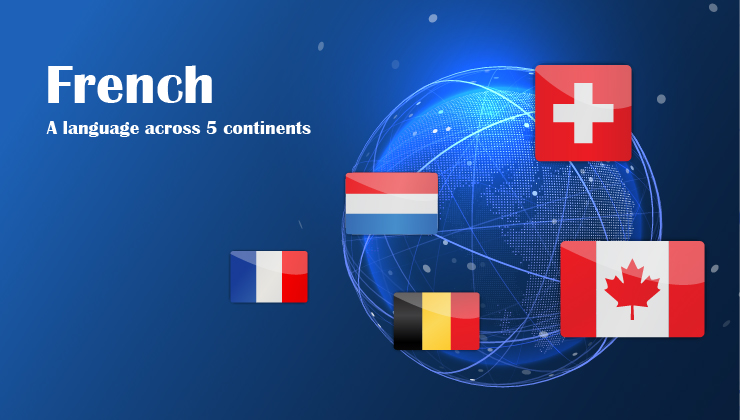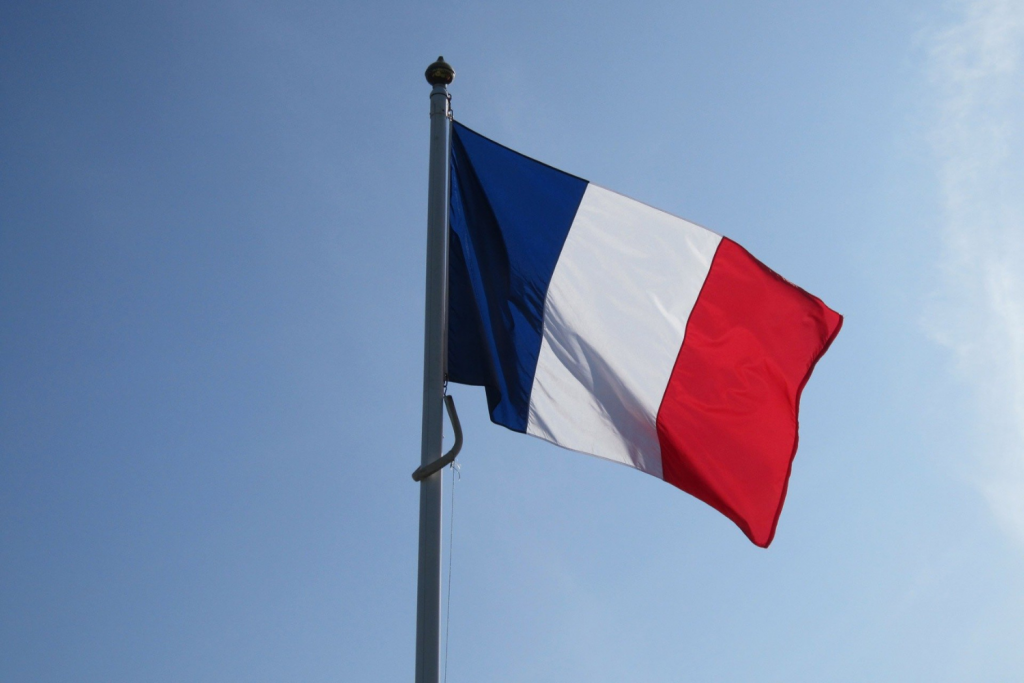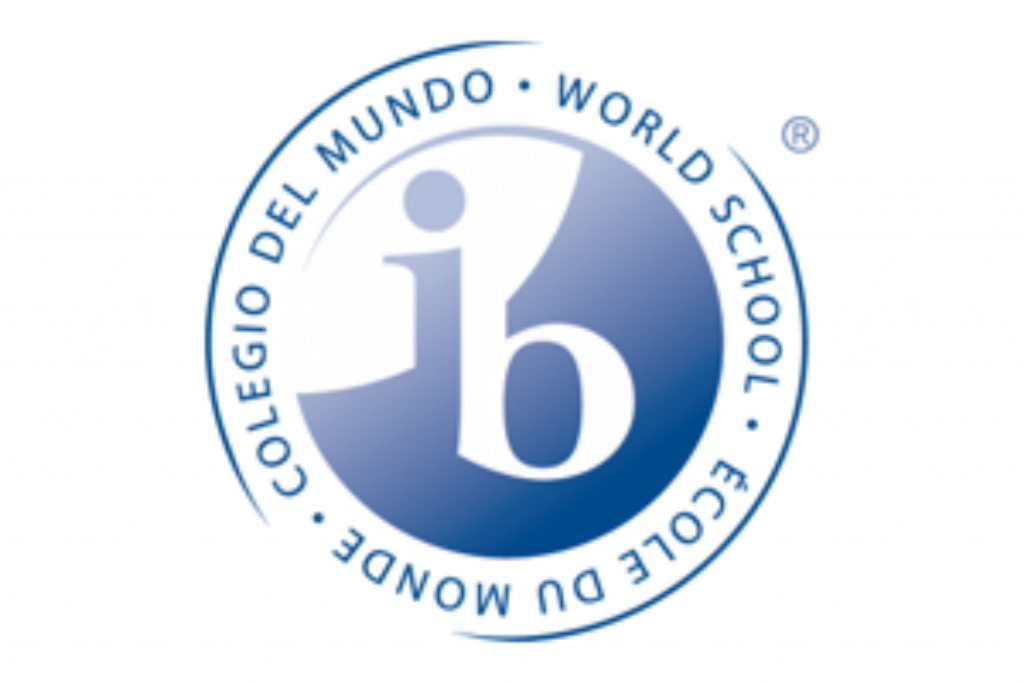Francophonie: the diversity of the French language

La Francophonie
French-speaking countries, also known as Francophone countries, are countries and territories where French is an official language, and where the French language and culture are widely spoken and celebrated.
The term "Francophone" refers to the community of French speakers around the world, and includes both native and non-native speakers.
There are 29 officially French-speaking countries, including France, Canada, Belgium, Switzerland, and several African countries such as Senegal, Ivory Coast, and Algeria. French is also widely spoken in many other countries and territories, including Haiti, Martinique, and Réunion.
Exploring the Differences in the French language Across French-Speaking Countries
French in France
French in France is the standard form of the language, and is the basis for most French language learning programs. However, there are still some regional variations and accents to consider.
- Regional Variations
While French in France is generally standardized, there are some regional variations in vocabulary and pronunciation. For example, in the south of France, you may hear the use of "vous" instead of "tu," and the pronunciation of "an" as "ahn."
- Accents
French in France has a variety of accents, from the southern drawl of Marseille to the nasal tones of Paris. Understanding these accents can help learners adapt their language skills to different regions.
French in Canada
French in Canada, also known as Québécois, has its own unique characteristics, including vocabulary, pronunciation, and grammar.
Québécois has a unique vocabulary, with many words and phrases that are not used in France. For example, "char" is used instead of "voiture" for car, and "cabane à sucre" is used instead of "chalet" for a sugar shack.
- Pronunciation
Québécois has a unique pronunciation, with a more open and relaxed sound than standard French. For example, the "r" sound is often dropped in Québécois, and the "u" sound is often pronounced as "ou."
- Grammar
Québécois has some unique grammar rules, such as the use of "tu" instead of "vous" for formal address, and the use of "est-ce que" for questions.
French in Africa
French in Africa, also known as African French, has its own unique characteristics, including vocabulary, pronunciation, and grammar.
African French has a unique vocabulary, with many words and phrases that are not used in France. For example, "bazin" is used instead of "soie" for silk, and "allocation familiale" is used instead of "allocation de rentrée scolaire" for back-to-school allowance.
- Pronunciation
African French has a unique pronunciation, with a more melodic and rhythmic sound than standard French. For example, the "r" sound is often pronounced with a trill, and the "u" sound is often pronounced as "ou."
- Grammar
African French has some unique grammar rules, such as the use of "vous" instead of "tu" for formal address, and the use of "donner" instead of "avoir" for possession.
In conclusion, understanding the unique characteristics of French in different French-speaking countries is key to success.
At Interactive French, we offer comprehensive guidance and support for learners of all levels.
Join us today and take the first step towards improving your language skills and cultural understanding.




